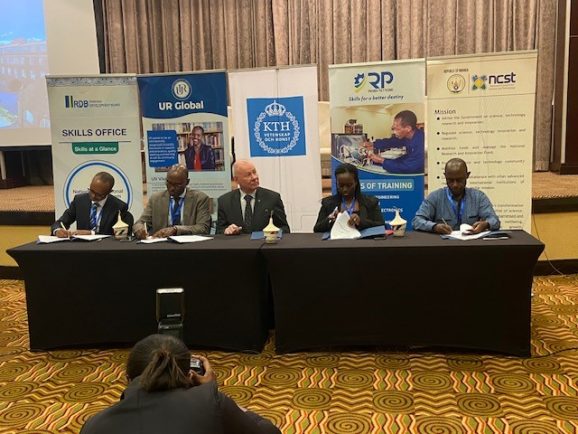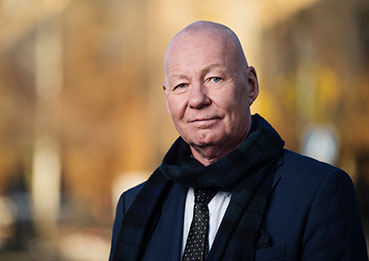KTH now provides almost 200 courses offering the latest knowledge in particular areas. Students can apply for these courses to update their knowledge and keep up with the competition, or simply to learn more and be inspired as their curiosity guides them. There is quite a variation between the different courses, with some attracting far more applicants than there are places, and others vice versa. The most popular course is programming in Python, BB1000, with 931 applicants for 100 places.
The autumn figures also show, for example, that KTH’s MSc Engineering programmes remain the most sought-after, even though there are slightly fewer applicants than last year. There are 4,995 applicants to these programmes and architecture this year, compared to 5,105 last autumn.
The gender distribution among applicants remains much the same as before, with just over 30% being female first-choice applicants. Interest in studying computer science engineering and electrical engineering is lower among women, while the proportion of female first-choice applicants to biotechnology and chemical engineering is slightly higher.
Lifelong learning entails ongoing professional development throughout an active career, whether in the form of short courses or longer programmes. Students may wish to enhance their knowledge in their current work area, or even move partly or wholly into a new field, give their career a boost and make themselves more attractive on the job market. KTH will continuously develop a range of options specifically tailored to this target group, who wish to go into, or return to, higher studies as mature students.
Sweden’s new student finance scheme for transition and retraining has vastly improved opportunities to study later on in life. The scheme is oversubscribed but will gradually be expanded over the coming years in an effort to achieve a better balance. For KTH too, this means that our lifelong learning offering is likely to increase in importance moving forward. It will also be important to strike a balance between upskilling and reskilling in the courses and programmes we offer.
We need to ask ourselves whether we should primarily strive to help people with an existing engineering degree, for example, to develop in their career, or enable those without a technical degree to start studying at more of an entry level. There are of course many opportunities for KTH to be an important player in this discussion as things develop.


